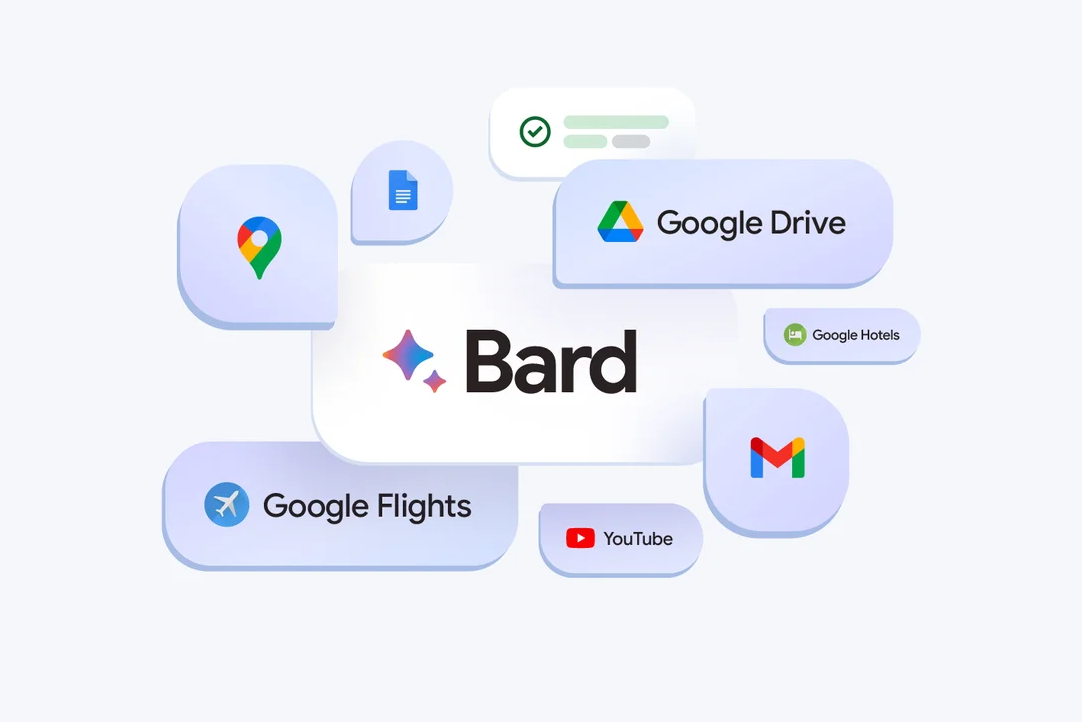 AI
AI
 AI
AI
 AI
AI
Google LLC is believed to be building a new version of its Bard chatbot that runs on Gemini Ultra, the most advanced large language model the company has created to date.
The Verge reported the development effort on Thursday, citing technical clues uncovered by software developers Dylan Roussel and Bedros Pamboukian. Their findings indicate that the new version of Bard will be available as part of the Google One subscription service. Introduced in 2018, the service provides additional Google Drive storage capacity, a virtual private network tool and other features for a monthly fee.
The main highlight of the upcoming Bard release is expected to be the underlying artificial intelligence model. The current version of the chatbot is based on Gemini Pro, a large language model Google introduced in early December. The new version of Bard will reportedly use Gemini Ultra, a neural network that debuted at the same time and is described as the most advanced AI system the search giant has built to date.
Google tested the latter model on 32 academic benchmarks used to evaluate neural networks’ capabilities. According to Google, Gemini Ultra bested the competition across 30 of the benchmarks. It’s also the first AI to outperform humans on the MMLU test suite, which measures language models’ ability to answer questions about subjects such as math, physics and medicine.
Gemini Ultra is based on the Transformer neural network architecture that Google invented in 2017. The architecture underpins ChatGPT, Anthropic PBC’s Claude 2 and most of the other advanced language models on the market today. Gemini Ultra can process prompts comprising up to 32,000 tokens, units of data that each contain a few letters or numbers.
Google trained Gemini Ultra with a “large number” of its internally developed TPUv4 machine learning chips. The company didn’t specify the exact number of processors used in the project. However, it did disclose in an academic paper that Gemini Ultra “represents a significant increase in scale” over PaLM-2, its previous flagship AI model.
Gemini Ultra support is not the only enhancement that the upcoming Bard upgrade is expected to introduce. According to The Verge, users can also expect a new personalization feature codenamed Motoko. It will provide the ability to create custom versions of Bard fine-tuned for specific tasks.
An automated prompt optimization feature is also believed to be in the works. It will reportedly enhance the phrasing of the instructions that users type into Bard, which should increase the quality of the chatbot’s output. The capability is expected to be joined by multiple interface enhancements.
The rumored Bard upgrade will enable the search giant to match a number of capabilities offered by competitors.
In November, companies subscribed to the Enterprise version of OpenAI’s ChatGPT received the ability to create custom versions of the chatbot. Starting next week, customers will reportedly also have the option to share those custom versions with other users.
Meanwhile, the prompt optimization feature Google is reportedly developing for Bard will enable it to match Microsoft Copilot’s Deep Search capability. Introduced last month, the latter capability can analyze a user’s search query and add up to several sentences’ worth of additional information. The extra detail enables Bing Chat to surface more relevant results than would otherwise be possible.
Support our mission to keep content open and free by engaging with theCUBE community. Join theCUBE’s Alumni Trust Network, where technology leaders connect, share intelligence and create opportunities.
Founded by tech visionaries John Furrier and Dave Vellante, SiliconANGLE Media has built a dynamic ecosystem of industry-leading digital media brands that reach 15+ million elite tech professionals. Our new proprietary theCUBE AI Video Cloud is breaking ground in audience interaction, leveraging theCUBEai.com neural network to help technology companies make data-driven decisions and stay at the forefront of industry conversations.